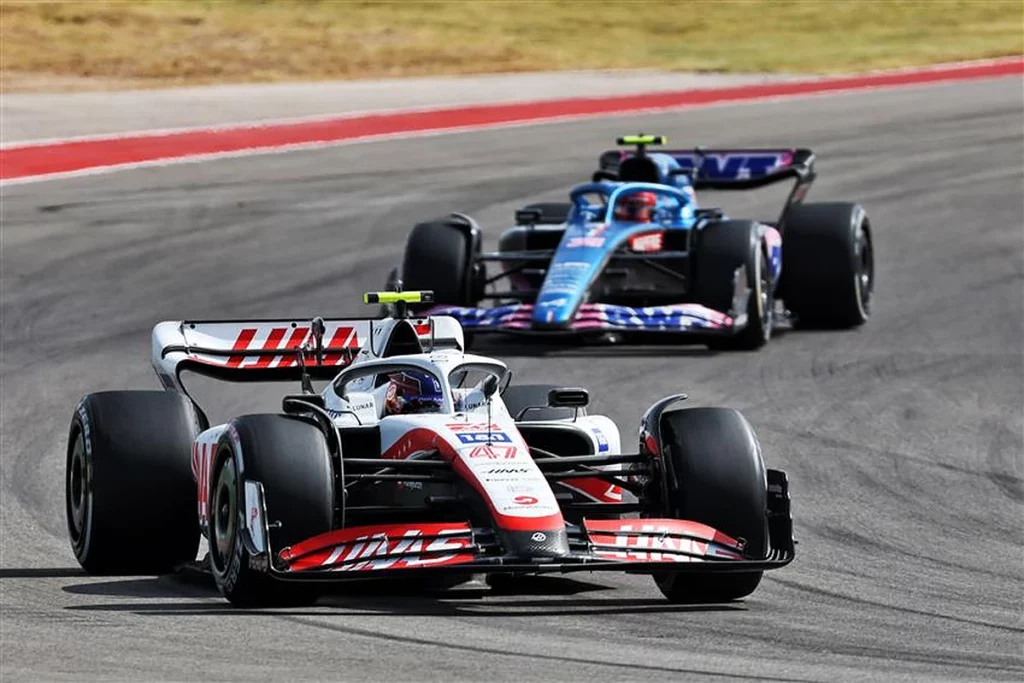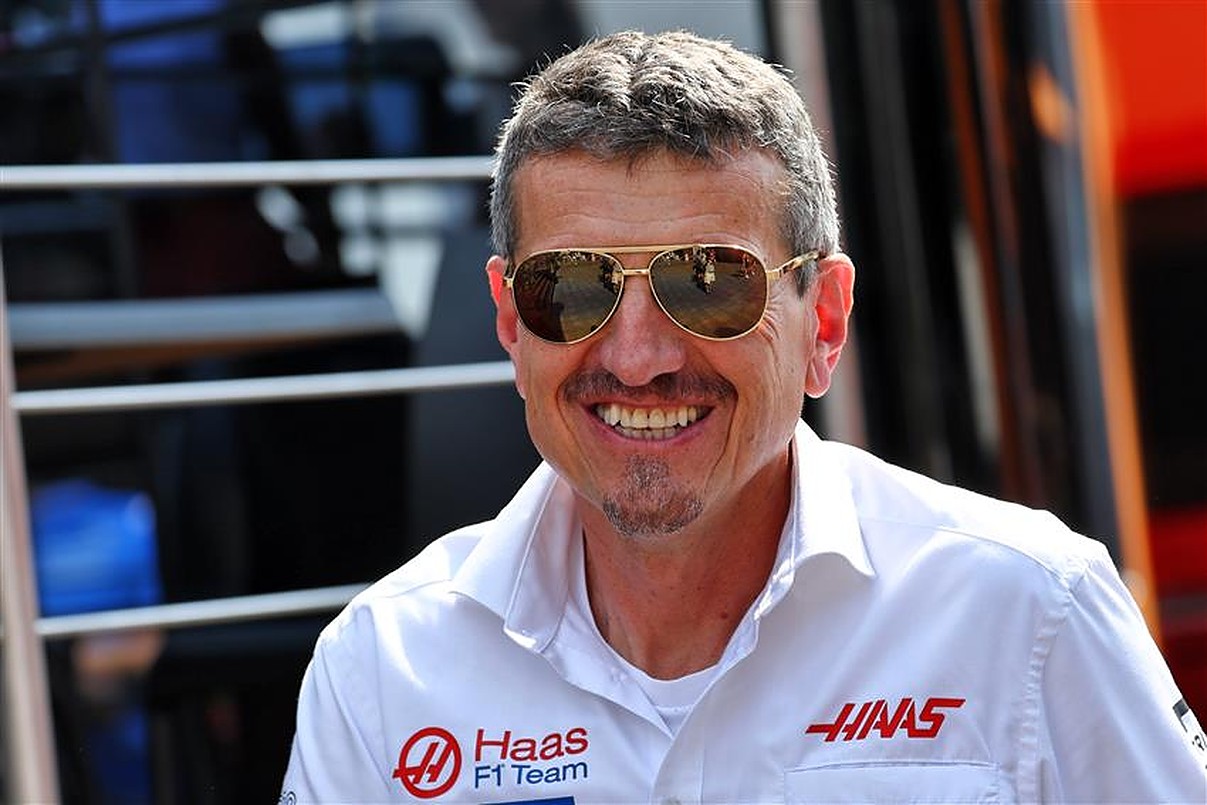In 2021, Haas essentially threw the season away, appointing two rookies to drive the car and focusing the majority of their money on preparing for 2022’s major regulation changes.
While this paid dividends at the start of 2022, with Kevin Magnussen and Mick Schumacher scoring an impressive haul of points for their team, the prize money for finishing last the season before limited the team’s development.
Haas began to get left behind by some of the midfield challengers towards the latter stages of the season, having been able to develop their car with a much larger budget.
“Probably for us it was a bigger problem as we didn’t have the possibility to add a lot of development and new parts during the season,” Haas’ chief designer Andrea de Zordo told The Race.

READ: FIA won’t reverse Mohammed Ben Sulayem’s controversial new rule
Having managed to hold off a late charge from AlphaTauri to keep eighth place in the 2022 championship however, Haas will be blessed with a much bigger budget this season, allowing the team more freedom to develop their car.
“It’s a big benefit for development,” admitted De Zordo.
“For me this extra budget [allows] for extra development, not only in making more parts but also to have the possibility to do more tests, to speed up the process of understanding some detail and speed up all the process of developing the car.
“It’s also some more responsibility, because more money doesn’t mean we want to waste money.
“We have to deliver more valuable [upgrades] to the car.”
READ: Christian Horner reveals surprising stance on controversial FIA rule
The team will boast an extremely experienced driver lineup this season, with 35-year-old Nico Hulkenberg replacing young Mick Schumacher as Kevin Magnussen’s teammate.
With more money and more experience in the team, the future looks exciting for Haas who will really be looking to take advantage of the budget cap regulations going forward.
Team principal Guenther Steiner has admitted that his team were unable to even reach the budget cap last season, but expects that every team will hit the cap in 2023, allowing the smaller teams such as Haas to benefit from the limited spending of the larger organisations.

